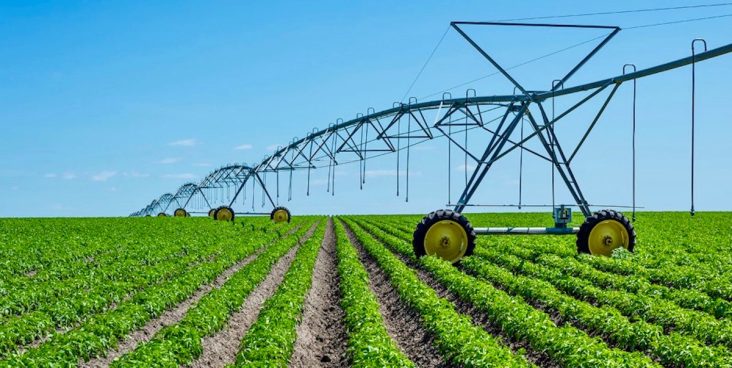New continuing resolution could provide up to $10 billion in additional aid to farmers
by January 6, 2025 3:06 pm 450 views

Congress recently passed a continuing resolution (CR) to fund the federal government through March and one provision in it will provide expanded aid for crop farmers.
The CR extends the 2018 Farm Bill until September and includes $10 billion in economic assistance for producers under financial stress from rising input costs and declining commodity prices, according to the National Association of Counties.
The Farm Bill typically is renewed every five years, and was slated to be renewed in 2023, but lawmakers have been unable to create a new farm package.
The new agricultural aid package follows the payment mechanism laid out by the previously proposed Farmer Revenue Assistance Mitigation Act. Hunter Biram, extension economist for the University of Arkansas System Division of Agriculture, said the payments are based on three key variables – national season-average price reported; 10-year national average yield; and 2024 cost of production.
“Two key elements of this payment mechanism differ from the FARM Act,” said Biram. “The payment factor has been reduced from 60% to 26% of the estimated economic loss. However, a minimum payment has been included.”
Biram said the minimum payment will be the product of 8% of the statutory reference price laid out in the 2014 and 2018 farm bills and the national Price Loss Coverage payment yield to be determined by the U.S. Department of Agriculture (USDA).
“Among the nine program crops that are relevant to farmers in the southeast, three should expect to see the minimum payment be greater than the estimated payment,” said Biram. “This includes barley, peanuts and rice. The other six program crops considered will receive the estimated payment per acre. These include corn, cotton, grain sorghum, pats, soybeans and wheat.”
Yields for most row crops in Arkansas were at near record levels, but lower commodity prices and input hikes cut many farm margins. Lawmakers and stakeholders have repeatedly expressed frustration that a new Farm Bill hasn’t been passed to adjust to the changing farm markets.
Two hurricanes impacted some Delta producers during the fall, while others felt the impacts of the Mississippi River reaching record low levels at Memphis during the harvest season as well.
